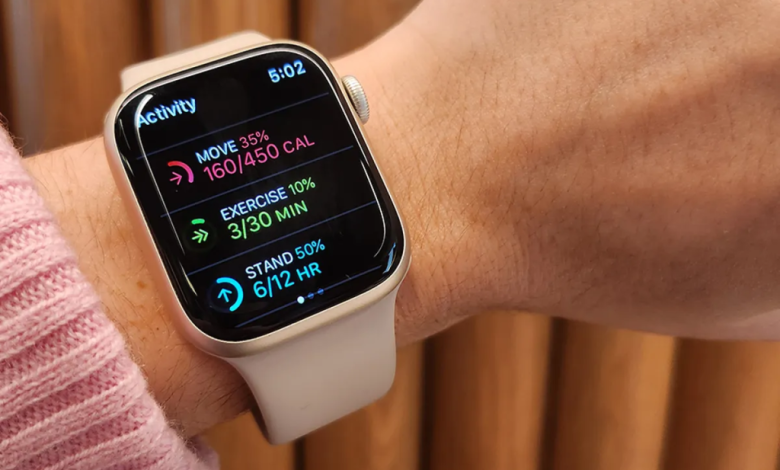Study Reveals 72% of Consumers Concerned About Health Data Misuse, as Lack of Informed Consent Tops Data Privacy Worries

WARRINGTON, England, Oct. 24, 2023. A recent research report released by Cassie, a globally recognized consent management platform serving Fortune 500 companies, sheds light on growing concerns among U.S. consumers regarding the security and privacy of their health data within the healthcare system.
The study, known as “Cassie’s Prescribing Privacy Healthcare Report,” surveyed over 800 U.S. consumers and uncovered that 2% of them are apprehensive about the potential misuse of their health information by external entities. These findings underline a broader challenge facing the healthcare industry in an era of technology-driven healthcare practices.
Informed Consent Tops Data Privacy Concerns
The Cassie report identified a clear consensus among consumers, with the lack of informed consent being ranked as the #1 data privacy concern in the U.S. healthcare system. The importance of transparency and trust when sharing healthcare data was emphasized, along with the need for improved patient education on healthcare data privacy practices. As patients increasingly engage with technology and share their data, healthcare providers face the pressing challenge of gaining and maintaining consumer trust.
Consumers’ Trust: Tech Companies vs. Healthcare Providers
One striking revelation from the report is that 50% of consumers trust tech companies more than healthcare providers when it comes to safeguarding their data. The increasing frequency of data breaches, healthcare mergers and acquisitions, and the integration of healthtech in patient services have raised concerns about the safety of patients’ information. Consumers are now demanding transparency and guidance from healthcare providers regarding their data-handling practices.
The report indicates that healthcare providers must take specific actions to regain patient trust, with 92% of consumers believing that explicit opt-in consent should be mandatory when sharing health data.
Key Findings from Cassie’s Prescribing Privacy Healthcare Report
• 72% of consumers worry about the potential misuse of their health information by external entities.
• 6 in 10 consumers have reservations about electronically sharing their health data due to privacy concerns.
• Consumers rated their healthcare providers 2 out of 5 for compliance with data privacy regulations.
• 35% of consumers have experienced a disjointed process with healthcare providers, causing confusion for 8 in 10 of those affected.
Nicky Watson, co-founder, and chief architect of Cassie, emphasized the importance of empowering patients with the knowledge to protect their data, emphasizing the role of user-friendly tools in managing data, permissions, and preferences.
Data Sharing and Better Patient Care
The report highlights that 87% of consumers are willing to share their data, believing that it will lead to enhanced care. However, the responsible management of data involves accurate tracking, secure storage, and analysis, underpinned by robust security protocols and encryption methods.
Cassie’s research underscores the role of trust, with 81% of consumers more likely to trust healthcare providers that work with third parties to ensure consent management and compliance. Data, when handled responsibly, can contribute to improved patient care, as recognized by 66% of consumers who believe that personal health data significantly impacts the quality of care they receive.
The Role of Wearables
Wearable devices, such as smartwatches and health trackers, offer an opportunity for healthcare providers to build trust and enhance patient outcomes. The report reveals that 31% of individuals actively use wearables to monitor their health, and 61% are open to sharing this data with healthcare providers.
Notably, 91% of those who share data from their wearables believe it can lead to more personalized and effective treatment plans. Even 8 in 10 consumers who initially withheld their data due to skepticism are willing to share it if given control over who accesses it.
To fully harness the potential of wearables, healthcare providers must address trust issues by implementing transparent data-sharing policies that empower patients to control their health data.
Evolving Data Privacy and Healthcare Regulations
In the U.S., 13 states have introduced consumer data privacy laws. With varying regulations and definitions of ownership, control, and usage, the common denominator is trust. As consumers leave larger digital footprints, healthcare providers must prioritize data privacy and comply with evolving regulations.
Key findings related to data privacy and regulations include:
• 83% of consumers are skeptical about how well government regulations protect their health data.
• 6 in 10 consumers believe that healthcare providers are struggling to keep up with new data privacy regulations.
• 90% of consumers trust healthcare providers investing in data security technology, with 43% considering a switch to more privacy-conscious providers.
The Cassie Prescribing Privacy Pain Points Report provides comprehensive insights into the challenges and opportunities in healthcare data privacy. You can access the full report for in-depth analysis [here](insert link to the report).
Methodology: The survey of 803 adults in the U.S. was conducted between September 26th, 2023, and September 29th, 2023, with a 95% confidence level and a +/- 3% margin of error.





